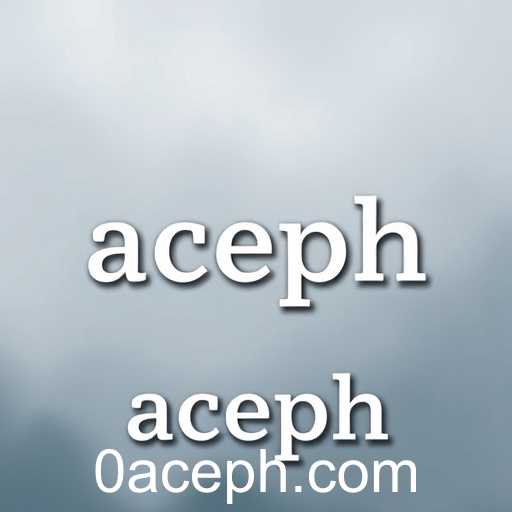Delve into the intriguing world of 'Word Trivia' games where the word 'aceph' becomes a focal point of exploration, enriching the player's understanding of language and etymology.
Aceph is a fascinating word that often surprises even the most seasoned word game enthusiasts. In the realm of "Word Trivia," a popular game category on various websites, 'aceph' emerges not just as a keyword but as a tool pushing the boundaries of lexicon knowledge. The word 'aceph' is derived from the ancient Greek 'akephalos,' meaning 'headless.' This term historically referred to creatures or figures in mythology known to be without a head. Today, however, in word games, 'aceph' has garnered attention due to its roots and its rarity in common usage.
The game category of "Word Trivia" challenges players to dig deeper into the etymology and lesser-known aspects of words, and 'aceph' serves as a perfect candidate for such explorations. It's not unusual for players to stumble upon new words that pique their curiosity and drive them to learn more about language structure, history, and evolution. The word 'aceph' sits at an intersection of intrigue—it is a springboard for discussions on morphology, how words morph and adapt over time from one meaning to another, and cultural impacts on language.
In the context of 'aceph,' while its direct use in modern language might be limited, its presence in a trivia category sparks an interest in the ancient mythologies and the kinds of stories that have been passed down through generations and have subsequently influenced language. Playing these trivia games not only provides entertainment but serves as an educational journey into etymology, promoting linguistic curiosity among players.
Moreover, engaging with words like 'aceph' in trivia games provides insight into the richness of language. It allows enthusiasts, scholars, and casual players alike to revel in wordplay, discovering meanings and cultural significances that might otherwise remain hidden. It’s a quiet reminder of the depth of human language and its capacity to convey complex ideas, even when centered around a seemingly simple, 'headless' concept.
With the rising popularity of online word games and trivia, categories like "Word Trivia" that feature keywords such as 'aceph' pave the way for deeper engagement with words. They turn a seemingly straightforward activity into a quest for knowledge, history, and understanding of how diverse and multifaceted our language truly is.




